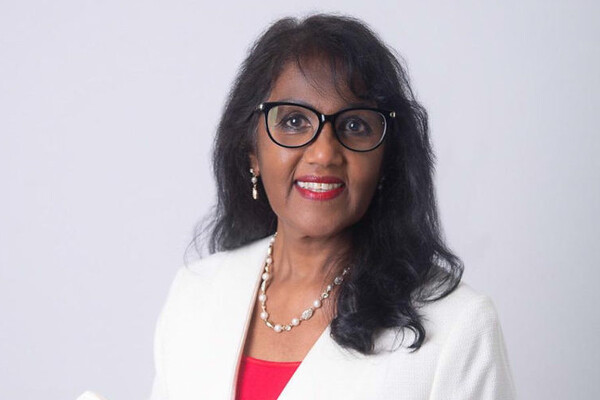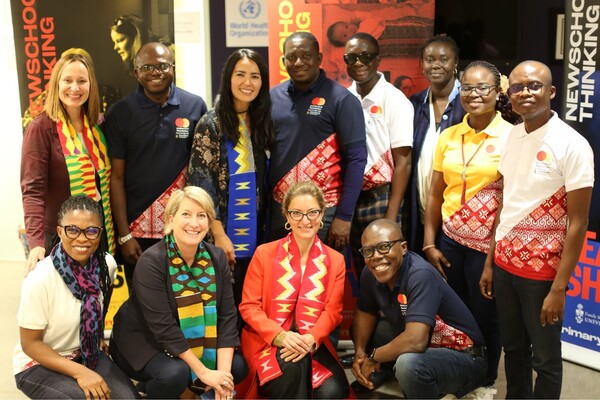DFCM Faculty Recognized for Inspiring Women
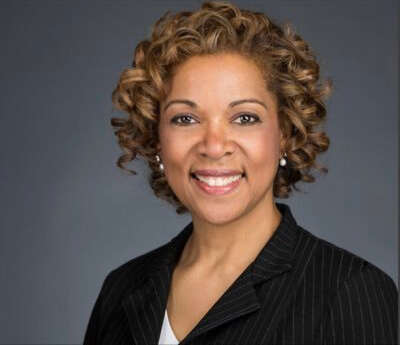 | Dr. Clover Hemans What does this award mean to you? It is an unexpected pleasure when you or your work is recognized or valued/validated by an outside source and then publicly noted. It adds a bit of resilience to your personal “bank” for days when goals and strategies to achieve them feel like an uphill marathon. It’s a motivating measure to keep going—like a warm hug. You feel gratitude for being able to help or improve what you are passionate about. Why is it important to have more female representation in leadership roles and in family medicine? It’s hard to be what you haven’t seen. Representation matters. Diverse perspectives bring richness and help to rebalance some inequities. When women are recognized for their talents and are advanced in positions of leadership, other diverse but neglected groups may feel empowered to add their voice and perspectives to the conversation. This will influence policy and hopefully behaviour; thus allowing the needs of more diverse groups to be heard and addressed. Family Medicine has the honour and privilege of meeting people along the entire spectrum of their lives. When we have diverse perspectives, policies to guide them and more inclusive representation (especially women) to lead their implementation - we should get more healthy families. |
 | Dr. Tara Kiran What does this award mean to you? When you ask someone to close their eyes and envision a medical leader, chances are they don’t visualize a woman of colour. My hope is that this award helps change that. It meant a lot to have my 12-year-old daughter with me at the award presentation. Both of us were inspired by the accomplishments of my fellow awardees. I hope these moments help contribute to her own narrative about what her future can hold. What do you think are some of the challenges facing female physicians today and what can we do? A few years ago, I read Sheryl Sandberg’s book “Lean In”. There is one section that still resonates with me. She draws an analogy between a marathon and career. Both men and women start off able and fit at the starting line. But as they proceed with the race, men are cheered on but the women are questioned. People say “are you sure you really want to do this”. When I had my third child, people repeatedly asked me whether I was going back to work full-time. When I said yes, they often asked why or gave me pitying looks. As the years passed, colleagues I respect have questioned whether I should take on a new position, wondering whether it was the right time for me because of my young kids. No one has ever questioned my husband’s career ambitions. I think balancing societal expectations with our own personal desires and ambitions is still a challenge for many women in medicine. Ultimately I think we need to be guided by our inner compass. But even that can sometimes be tricky. Women in medicine are by definition high achievers and often we have high expectations of ourselves both at work and at home. You’re a busy doctor but can still feel like you need to make an Instagram-worthy kids birthday cake. I’ve tried to get better at accepting that it’s ok to want it all -- but that there will be times I need to choose to let some things go. We need to do more to support women to achieve in the workplace while recognizing and supporting ambitions outside the workplace. We need to encourage women to speak up and take on more leadership roles (and then listen when they do speak). And as women, we need to stop feeling guilty about not doing it all! |
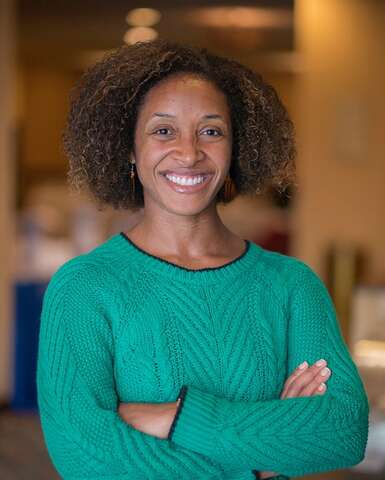 | Dr. Aisha Lofters What does this award mean to you? This award is particularly special because it comes from the community! Sometimes in academia, you can feel like you're stuck in the ivory tower, unsure if your work is really meaningful beyond the institutional walls, so it's a special pleasure and particularly humbling to have the community recognize my work. As a female leader of colour, what have been some barriers you’ve faced in achieving success in your career? The barriers to success for women of colour are often invisible but are still quite real. I've had to work a lot harder to achieve recognition from some of my colleagues in positions of power. It can be isolating at times to be "the only one" as women of colour are under-represented in academic medicine. And of course, the balance between work and home responsibilities is an ongoing challenge. |
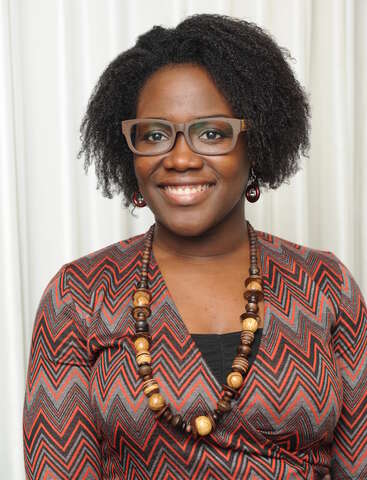 | Dr. Onye Nnorom What does this award mean to you? It is a great honour to be recognized with this award! I am passionate about health inequities that racialized and immigrant communities face. I have been partnering with great researchers, community leaders, patients and clinicians for years, to collectively address the health challenges that Black women experience, particularly with regard to breast and cervical cancer prevention. Quite a bit of my work now focuses on racism as a social determinant of health, and so it is encouraging to feel that this work is valued. There is still so much work to be done, but the award is a nice opportunity to reflect and be grateful that we are on the right path to making a difference in Canadian healthcare. What advice would you give to the next generation of female physicians? As a Black female physician, I can say that the journey has not been easy, but it's also been so incredibly rewarding. There is both systemic gender discrimination and systemic racial discrimination in the field of medicine. But I have been so blessed to have a great family, great mentors, and the opportunity to have worked in amazing places like TAIBU Community Health Centre (which has a mandate to serve the Black community in the GTA) where I learned so much about community health and wellness. These aspects of my life uplift me. I'm also grateful to teach the next generation of diverse medical professionals and leaders at U of T. So my advice would be: don't give up, follow your passions, seek mentors who look like you and do not look like you (you will benefit from their diverse perspectives), and find ways to 'give back' that bring you joy! |
News

